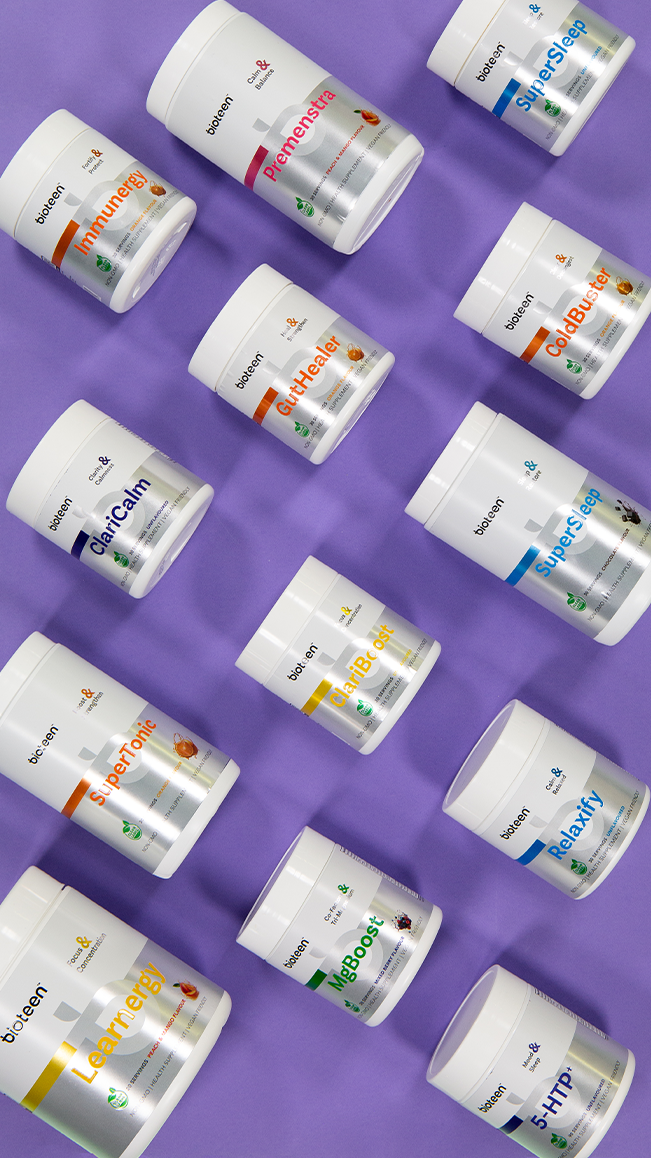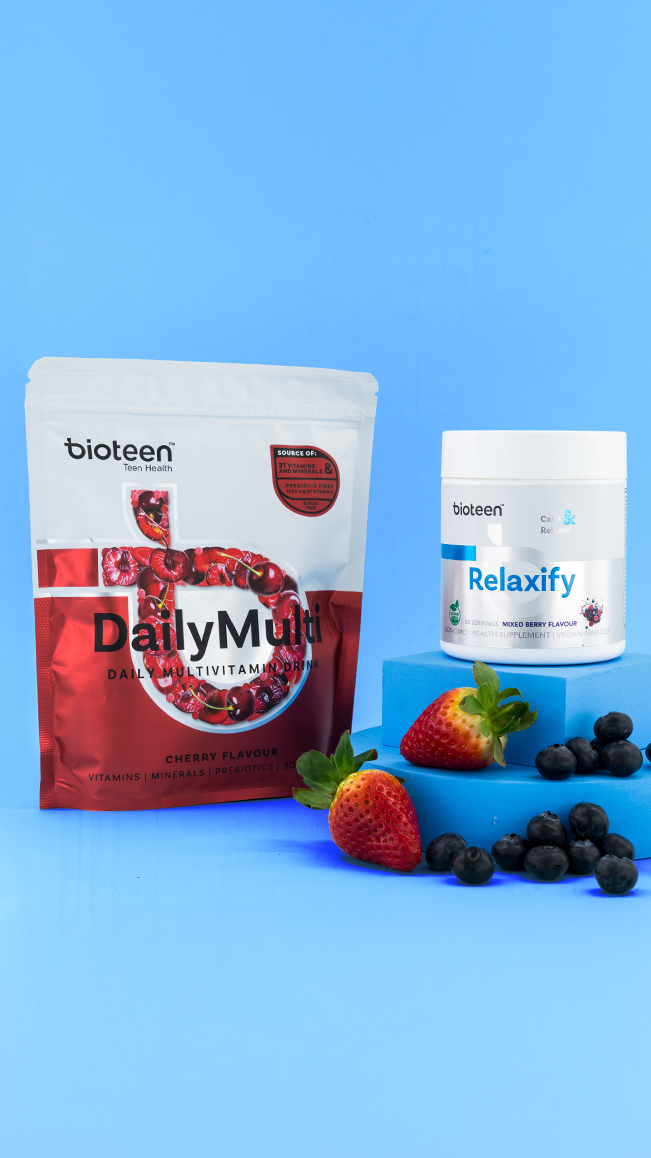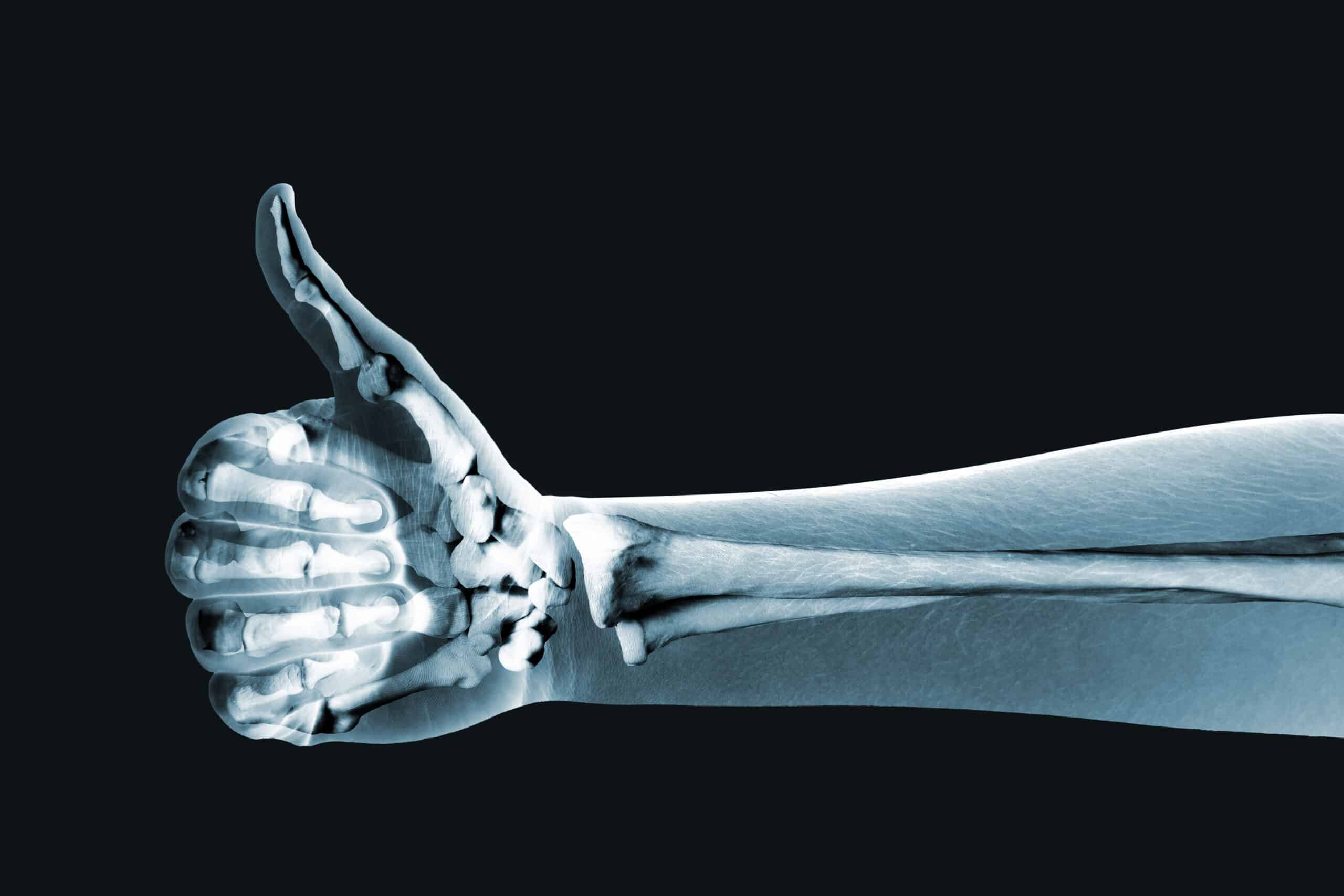
Breakfast Secrets To Boost Your Teenager’s Grades
Does your teenager’s end of term school report have you tearing your hair out? Are his grades lower than you believe they should be?
He has been putting in the hours and studying hard. When you chat to him about his work he seems to have a good knowledge and understanding of the material. And yet, the teachers’ comments on the report all tell you that he is distracted and fidgety in class and struggles to stay focused on his lessons.
When you dig a little deeper, it seems that the early morning lessons are most problematic. Your teen’s ability to stay on task after first break tends to improve. Could the problem lie in your morning routine? Is it possible that breakfast has something to do with his poor grades?
Does a bad breakfast equal bad grades?
Take a minute to think about your morning routine. Does your teen procrastinate about getting out of bed? Is there always time for a good breakfast? Or do you rush out of the door and head off to school with him still only half dressed and books and sports gear barely making it into his bag?Breakfast is still considered to be the most important meal of the day. Children who regularly eat breakfast have been shown to have a better nutritional status than those that don’t, they tend to be more physically active, they are generally healthier and they perform better in the classroom1.
The results of several scientific studies that looked at the effect of skipping breakfast on concentration and cognitive ability, suggest that missing the morning meal may have a negative impact on classroom performance. Eating breakfast has been linked to improved short-term and long-term memory, attention, mood, mathematic ability, creativity and behaviour2.
What your teenager eats for breakfast is important too. If your teen will only eat sugary, processed breakfast cereals, it may be time to make a change. These cereals have a high sugar content and a low fiber content. This combination results in the cereal being rapidly digested into simple sugars and absorbed into the blood1.
Eating high GI breakfast cereal products such as these cause your teens blood sugar level to spike rapidly. In response to this steep rise in blood sugar, the pancreas responds with an equally high amount of insulin to bring the blood sugar level back to normal again. The problem is that the blood sugar level then drops very quickly. The combination of the rapid drop in blood sugar and the now low blood sugar levels, may be responsible for your teen finding it difficult to sit still and concentrate in class3.
Modern life is busy and teens can be fussy. How do you overcome the obstacles and make sure that your teen eats a healthy breakfast – everyday?
The Secrets Of A Healthy Breakfast
You may feel a bit overwhelmed by the enormous number of brightly coloured breakfast cereal boxes on display at your local grocery store. Even the ones that are obviously full of sugar make claims to contain fiber, or vitamins, or minerals – or all three! How do you make sure that you are providing the best breakfast for your family?The first secret to sending your teen off to school with a belly full of energy and nutrition is to go back to basics. What did your mother or grandmother make for breakfast?
Chances are it was minimally processed and didn’t contain copious amounts of sugar. Thinking back, a glass of freshly squeezed orange juice, a boiled egg and toast soldiers was probably the order of the day. If it wasn’t an egg, it was a bowl of rolled oats with a knob of butter and some milk.
The nutritional goal for breakfast is the same as any other meal in the day – make it balanced. Breakfast should provide the fuel your teen needs to start the day and learn as much as he can. Fuel comes in the form of glucose that is used by the brain for energy. Glucose is the end product of the digestion of carbohydrates3.
But, not all carbohydrates are created equal. Some are digested very quickly, while others take a lot longer. The carbohydrate foods that are digested more slowly are the ones we are looking for to start the day off on the right foot. Try to include a slice or two of whole grain toast, or a cup of rolled oats, or even some baked beans in your teenager’s breakfast3.
Protein is the secret weapon of a healthy breakfast. It provides amino acids that promote better concentration and mood. It takes longer to digest, so it helps to slow down the release of sugar into the blood, keeping your teen feeling fuller for longer and stabilizing blood sugar levels4. Breakfast protein could be in the form of milk, yoghurt or cheese, eggs, beans, peanut butter, or even leftover meat from dinner the night before.
Fruit and/or vegetables bring some more fiber as well as vitamins, minerals and phytonutrients to the breakfast table. Whole fruit is a better choice than fruit juice to make sure that you eat as much fiber as possible. You could add a sliced banana to a wholewheat breakfast cereal, or cook oats with a handful of blueberries. Grilled tomato, sauteed mushrooms and spinach make great additions to a cooked breakfast.
The final secret to creating a balanced breakfast is to include some healthy fats. Omega-3 fatty acids have been linked to improved concentration5. Add some nuts and/or seeds to your breakfast cereals, or have avocado on toast with some cottage cheese as your meal.
The Secret To Better Grades Is A Healthy, Balanced Breakfast
Good health and good grades begins at the breakfast table. Don’t let your teenager get to school on an empty stomach. He needs energy and nutrients to be able to give school his best shot.In our busy lives it can sometimes be difficult to make sure that breakfast is always on the table before leaving for school and work. On our recipe page we have provided several quick breakfast recipes that should provide sufficient balanced nutrition to fuel the brain for a great start of the day.
References
- Adolphus K, Lawton C, Champ C, Dye L. The Effects of Breakfast and Breakfast Composition on Cognition in Children and Adolescents: A Systematic Review. Advances in Nutrition. 2016;7(3):590S-612S. (PubMed)
- Defeyter M, Russo R. The effect of breakfast cereal consumption on adolescents’ cognitive performance and mood. Frontiers in Human Neuroscience. 2013;7. (PubMed)
- Carbohydrates and Blood Sugar . The Nutrition Source. 2021 . Available from: https://www.hsph.harvard.edu/nutritionsource/carbohydrates/carbohydrates-and-blood-sugar/
- Kung B, Paré S, Tucker A, Anderson G, Wright A, Goff H. 0506 Effect of milk protein intake and casein: Whey ratio in breakfast meals on postprandial glucose, satiety ratings and subsequent meal intake. Journal of Animal Science. 2016;94(suppl_5):243-243. (PubMed)
- Chang J, Su K, Mondelli V, Pariante C. Omega-3 Polyunsaturated Fatty Acids in Youths with Attention Deficit Hyperactivity Disorder: a Systematic Review and Meta-Analysis of Clinical Trials and Biological Studies. Neuropsychopharmacology. 2017;43(3):534-545. (PubMed)












